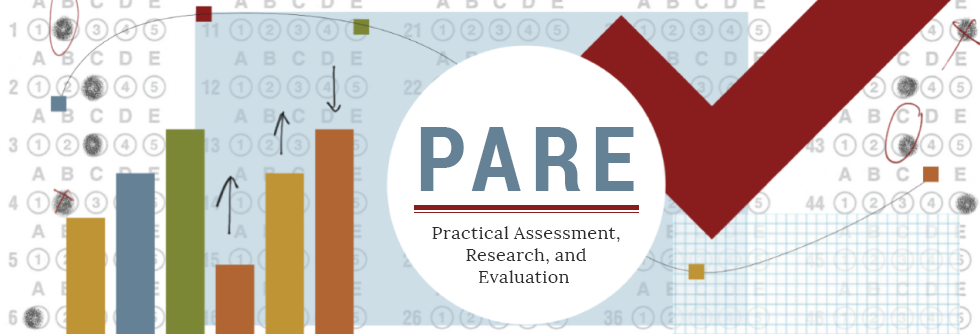Computers, The Internet, and Cheating Among Secondary School Students: Some Implications for Educators
- Stacey Conradson
- Pedro Hernández-Ramos
Abstract
This article investigates in greater depth one particular aspect of cheating within secondary education and some implications for measuring academic achievement. More specifically, it examines how secondary students exploit the Internet for plagiarizing schoolwork, and looks at how a traditional method of educational assessment, namely paper-based report and essay writing, has been impacted by the growth of Internet usage and the proliferation of computer skills among secondary school students. One of the conclusions is that students’ technology fluency is forcing educators to revisit conventional assessment methods. Different options for combating Internet plagiarism are presented, and some software tools as well as non-technology solutions are evaluated in light of the problems brought about by “cyberplagiarism.” Accessed 102,733 times on https://pareonline.net from March 30, 2000 to December 31, 2019. For downloads from January 1, 2020 forward, please click on the PlumX Metrics link to the right.
Keywords: Cheating, Internet, Plagiarism, Student Research, Teacher Role
How to Cite:
Conradson, S. & Hernández-Ramos, P., (2004) “Computers, The Internet, and Cheating Among Secondary School Students: Some Implications for Educators”, Practical Assessment, Research, and Evaluation 9(1): 9. doi: https://doi.org/10.7275/by4q-kx23
Downloads:
Download PDF
View PDF
741 Views
126 Downloads
